
Milton Friedman was an American Nobel Laureate economist and public intellectual. He made major contributions to the fields of economics and statistics. In 1976, he was awarded the Nobel Prize in Economics for his achievements in the fields of consumption analysis, monetary history and theory, and for his demonstration of the complexity of stabilization policy. He was an advocate of economic freedom. According to The Economist, Friedman "was the most influential economist of the second half of the 20th century...possibly of all of it". Former Federal Reserve Board chairman Alan Greenspan stated, "There are very few people over the generations who have ideas that are sufficiently original to materially alter the direction of civilization. Milton is one of those very few people." Source: Wikipedia
Series
Books
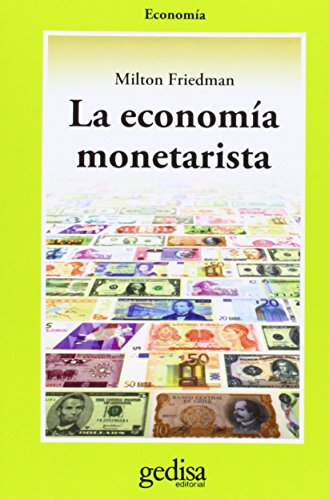
Monetarist Economics
1991
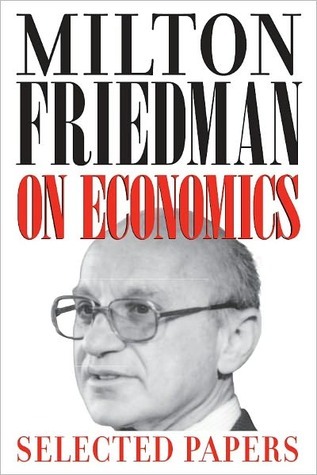
On Economics
Selected Papers
2007
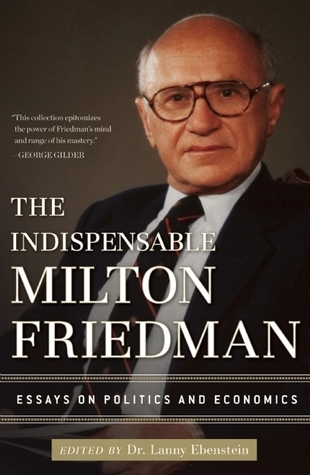
The Indispensable Milton Friedman
Essays on Politics and Economics
2012
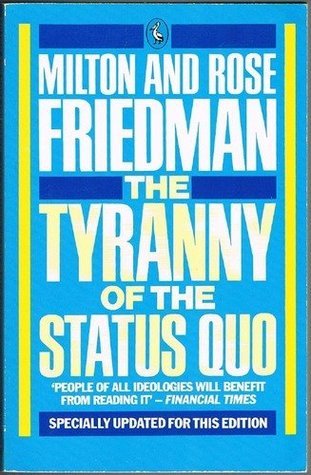
Tyranny of the Status Quo
1984

Why Government Is the Problem (Essays in Public Policy)
1993

Capitalism and Freedom
1962
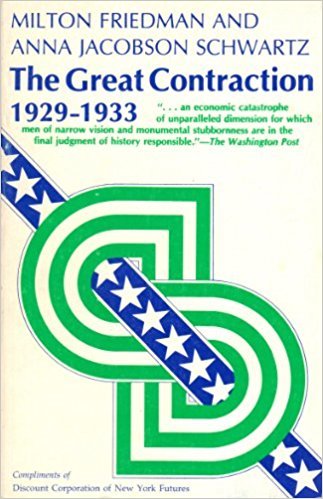
The Great Contraction 1929-1933
1964
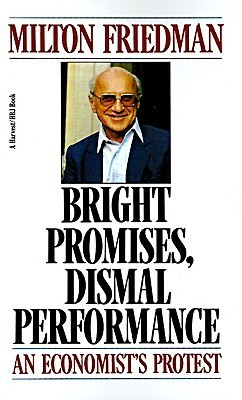
Bright Promises, Dismal Performance
1983

Free to Choose
A Personal Statement
1980
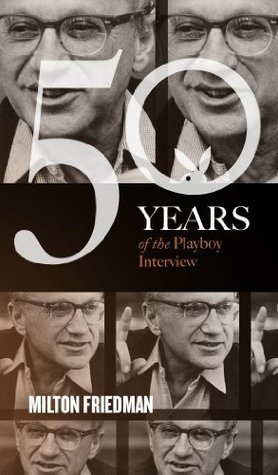
Milton Friedman
The Playboy Interview
2012
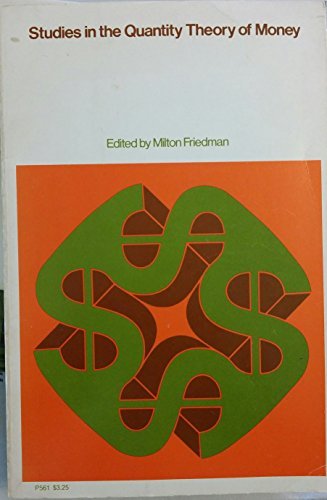
Studies in the Quantity Theory of Money
1973
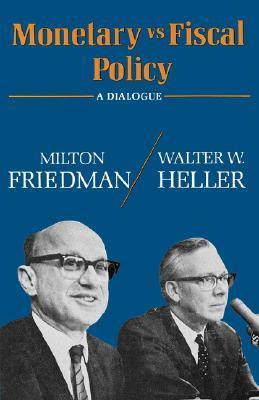
Monetary vs Fiscal Policy
1969
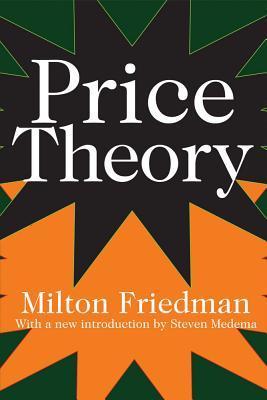
Price Theory
1962

Milton Friedman
The Essential Collection
2016

A Theory of the Consumption Function
1957

There's No Such Thing As a Free Lunch
1975
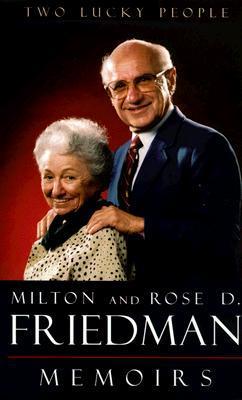
Two Lucky People
Memoirs
1998

Essays in Positive Economics
1953
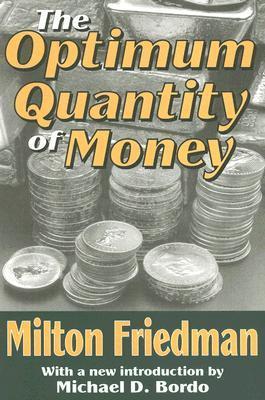
The Optimum Quantity of Money
1969

Money Mischief
Episodes in Monetary History
1992
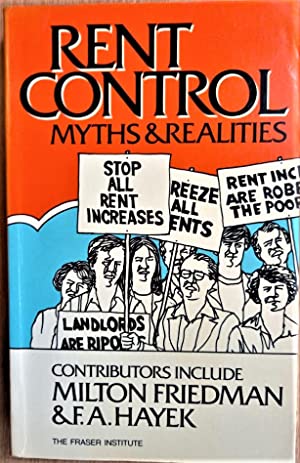
Rent Control
Myths & Realities
1981

A Monetary History of the United States 1867-1960
1963
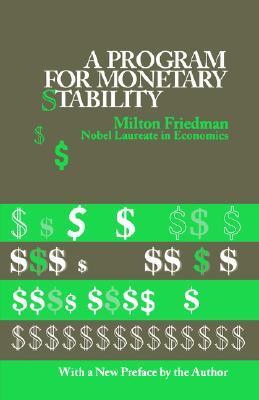
A Program for Monetary Stability
1983